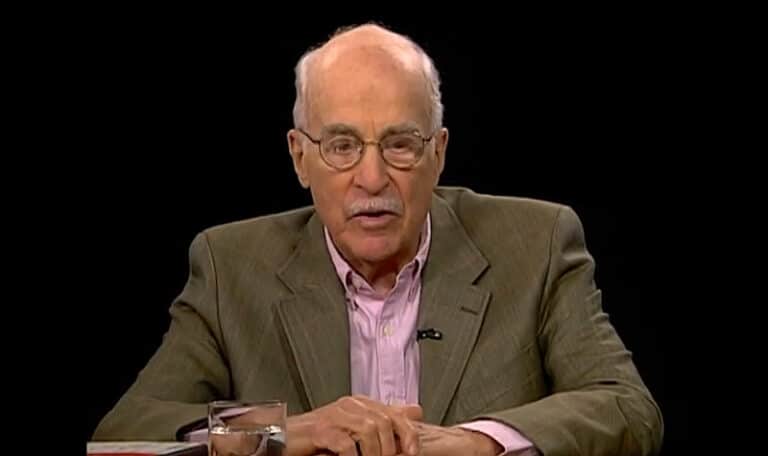Stephen King Named Most Banned Author in U.S. Schools, PEN Report Reveals
In a new and troubling development for intellectual freedom, PEN America’s latest “Banned in the USA” report names Stephen King as the most frequently banned author in U.S. schools during the 2024–2025 academic year. This revelation underscores broader tensions over educational censorship, book removal policies, and debates over whose voices belong on school shelves.
PEN America’s Findings and the Scale of Censorship
According to the report on AP News, Stephen King’s works were censored 206 times across U.S. schools, impacting 87 different titles. These removals place him at the top of a list that otherwise includes many authors of young-adult and fantasy literature. Overall, PEN tallied 6,870 instances of bans, restrictions, or removals during the period, a decline from more than 10,000 such actions the prior year—but still a stark indicator of how widespread book censorship has become.
Much of the activity was concentrated in a handful of states: Florida, Texas, and Tennessee alone accounted for 80 percent of the documented bans. The report highlights that bans are not always reactive responses to individual complaints; many are preemptive—instituted out of fear of political or legal backlash rather than a direct request to remove a particular book. “This functions as a form of ‘obeying in advance,’ rooted in fear or simply a desire to avoid topics that might be deemed controversial,” the report states.
Why King’s Works? Themes, Perceptions, and Overreach
At first glance, Stephen King—best known for horror, supernatural, and suspense fiction—wouldn’t seem an obvious target for standard book-banning arguments. Yet many of his titles contain violence, mature themes, or depictions of human frailty, which critics sometimes cite as grounds for restriction. Furthermore, in practice, wide-sweeping policies aimed at removing “adult” content or books with sexual content or LGBTQ+ themes have been broad enough to sweep in even ostensibly peripheral works by Stephen King. As one PEN official observed in the AP News report,
“Some districts — in being overly cautious or fearful of punishment — will sweep so wide they end up removing Stephen King from access, too.”
Thus, King’s popular status and wide catalog make his work especially vulnerable under broad content filters, even when specific objectionable content is absent or marginal.
Responses, Repercussions, and the Fight Back
Stephen King himself responded with characteristic bluntness and irony via X: “I am now the most banned author in the United States – 87 books. May I suggest you pick up one of them and see what all the pissing & moaning is about? Self-righteous book banners don’t always get to have their way. This is still America, dammit.”
Free speech advocates and librarians warned that King’s status as the “most banned” author may signal further escalation. If even such a mainstream, widely read author can be subject to broad removal policies, authors dealing explicitly with race, sexuality, or identity are likely even more at risk. Some see these bans not simply as isolated decisions by local school boards, but as the product of state-level legislative frameworks that encourage or mandate removals without clear due process.
Already, the pattern of preemptive removals, “do not buy” lists, and vague guidelines has drawn criticism as a chilling effect, leading schools to remove books before they are challenged to avoid controversy. The PEN report warns that the real number of suppressed works is likely undercounted, because its data depends on public reporting and media coverage.
Looking Ahead: What This Means for Schools and Readers
Stephen King’s new status as the most-banned author is less about him personally and more about the underlying logic of sweeping censorship policies. As these policies get broader and more aggressive, fewer books—even those by mainstream authors—are safe from removal. Schools, librarians, parents, and students now face a difficult question: Will access to diverse, challenging, even uncomfortable literature be preserved, or will fear of backlash push us toward ever narrower intellectual horizons?
The fight over book censorship is unlikely to abate. But King’s prominence on this list offers a potent symbol: if a bestselling household name can be censored, the stakes are higher than ever for all writers—and for readers seeking to understand the full complexity of human experience through literature.





